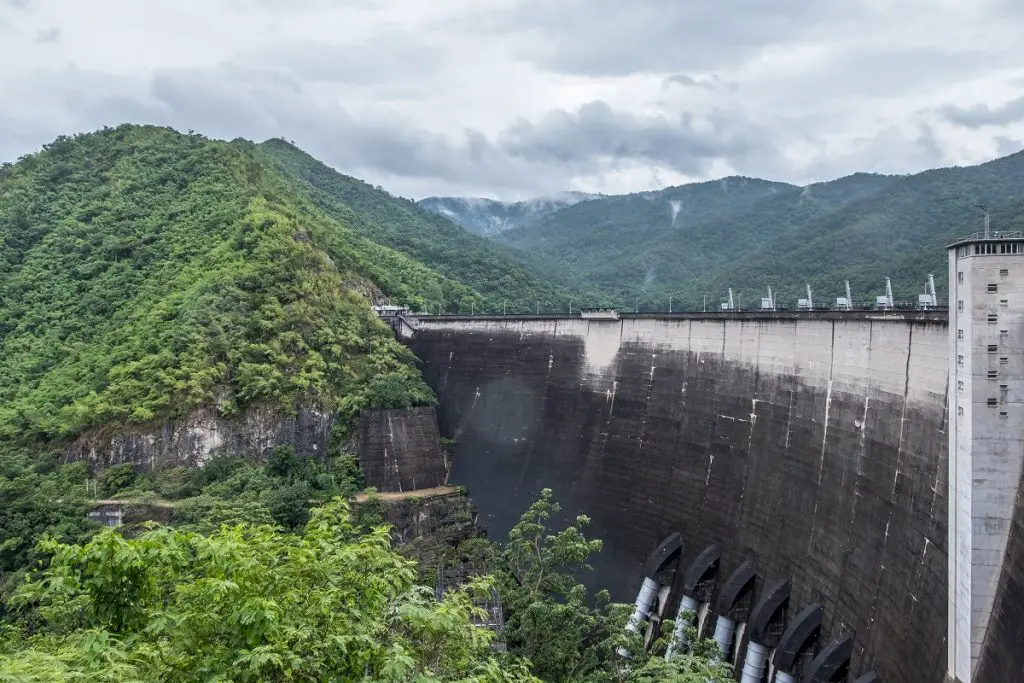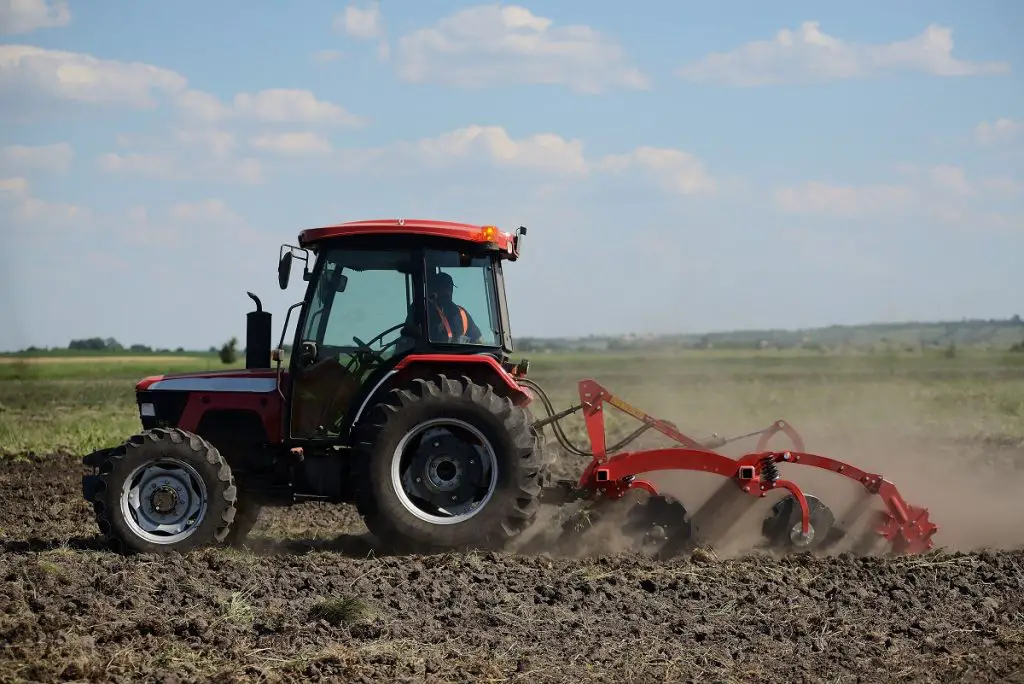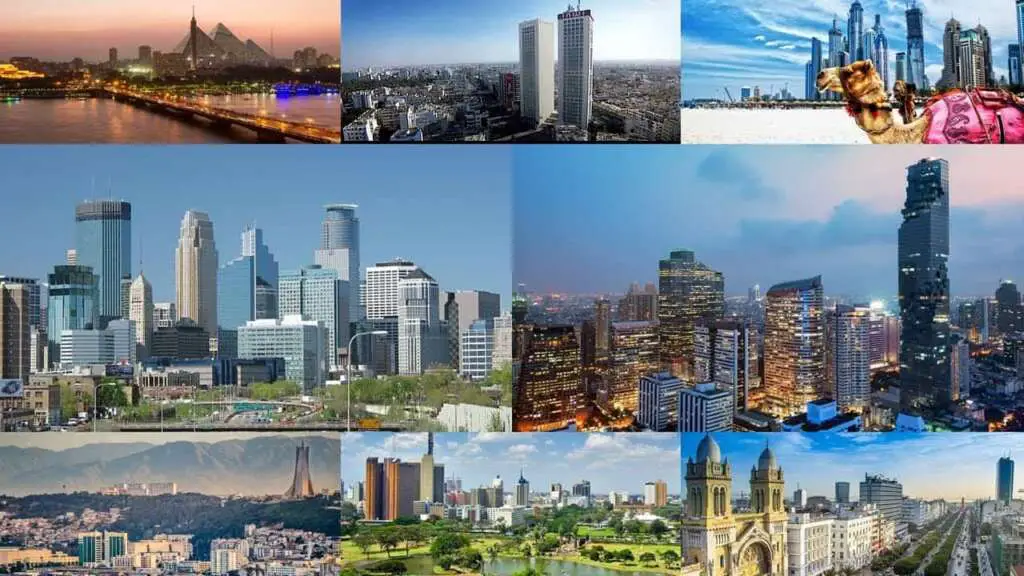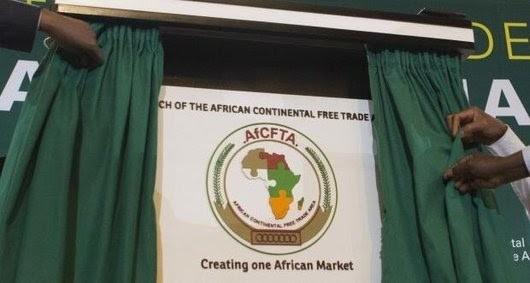- Youth Unemployment in Kenya: The Role of Vocational Training
- New $900,000 initiative aims to boost sustainable trade in Tanzania
- Organization of the Petroleum Exporting Countries’ (OPEC) pride in its African roots
- AIM Global Foundation pushes for stronger Gulf-Africa trade partnerships
- Investment opportunities in South Sudan’s emerging gold industry
- Family planning drive in Kenya gets 450,000 self-injectable contraceptive doses from UK
- AfDB commits $2 billion to revolutionise clean cooking in Africa, save forests
- The harsh realities of family laws for African women revealed
Browsing: Africa
It is almost impossible to run a business without power which makes it hard for the continent’s small businesses .…
90 per cent of the global population without access to electricity will be concentrated in the SSA…
The U.S. has announced that at least two of Zimbabwe’s national banks are now allowed to operate without sanctions.
The Office of Foreign Assets Control which operates under the US Treasury Department said Zimbabwe’s Infrastructure Development Bank of Zimbabwe and the Agricultural Development Bank of Zimbabwe are now removed from its black list.
It is now almost 20 years of sanctions for Zimbabwe so this development comes as a breath of fresh air for the otherwise economically suffocating country. The U.S., backed by the European Union imposed the sanctions back in 2002.
Ever since then, several state organs like the said banks and a host of several government officials were black listed for sanctions and restriction of movement following allegations of widespread human rights abuse.
Zimbabwe’s economy has ever since been on murky ground, inflation rate has been overboard hitting the highs of 600 percent. Only in May this year …
With Africa’s population expected to double by 2050, the continent must embrace modern technology to increase productivity.
More than 70 per cent of Africa’s food is grown on smallholder farms with the backbreaking physical labour majorly undertaken by women. The continent’s food production involves the hoe more than it does mechanised labour leading to decreased output.
One thing to note is that mechanisation is not limited to tractors but it also includes irrigation systems, food processing and related technologies and equipment in the agricultural production chain.
Read: COVID-19: Millions of smallholder farmers facing tough times ahead
According to the Food and Agriculture Organisation (FAO), agricultural mechanisation is the application of mechanical technology and increased power to agriculture to enhance the productivity of human labour and often to achieve results well beyond the capacity of human labour.
This includes the use of tractors of various types as well as animal-powered and …
Local IXPs are a critical piece of technical infrastructure that improves internet access.…
The Mercer 2020 gives the cost of living in African cities giving the most expensive and least expensive cities to live in Africa in its Cost of living survey.
The annual survey ranks cities cost of living based on the prices of goods and services such as rent, food and clothing.
The survey is mostly used by multinational organisations to set remuneration packages for their foreign-based employees.
“The Covid-19 pandemic reminds us that sending and keeping employees on international assignments is a huge responsibility and a difficult task to manage,” said Ilya Bonic, career president and head of Mercer Strategy.
According to the report, in East Africa, Kampala Uganda is the least expensive city to live in while Nairobi Kenya is the most expensive city, Kigali Rwanda takes the second least-expensive city followed by Dar-es-Salaam Tanzania.
Also Read: Cost of living to go up for EAC
The report sampled 40 …
The launch of the African Continental Free Trade Agreement (AfCFTA) has been pushed from its initial date of July 1 to January next year due to COVID-19 pandemic.
AfCFTA’s Secretary-General Wamkele Mene said that the market is not conducive for the launch considering more than 42 countries out of 55 countries in Africa’s continent are under lockdown and the containment measures are complicating intra-trade.
Speaking to private sector players during a webinar organized by Africa CEO’s forum, Mr Mene said the decision to push forward the launch was made after wide consultation.
“Suspension of the implementation of AfCFTA from July 1 was not my decision but that of African Union Heads of States. I advised the assembly on the reality, facts, science and data on the ground on the situation of Covid-19. The decision of the new date, which also depends on how quick the pandemic is contained, was widely …
So attractive is the sector in Africa that the UK has invested over £50 million into clean energy projects on the continent.…
The continent needs an estimated US$188 billion to build modern energy infrastructure.…
In an interesting development, while demand for gold is on the rise all over the world, gold output in Zimbabwe has fallen 17 percent in the last four months.
Why? Well, because of Covid-19. Strange because it is a result of the pandemic that world demand for gold is on the rise as people try to store the value of their money in gold.
Yet in Zimbabwe, small scale miners in the country are failing to conduct their mining activities because the country does not have the needed cash to buy mining inputs. Well let’s not say the country doesn’t have cash because it does, its just that no one will accept the Zimbabwean dollar.
Also Read: Barrick Gold back to business with Tanzania
So the trouble is that, Zimbabwe relies on other currencies, like the US dollar to make large and small payments alike like explosives among other things. …














